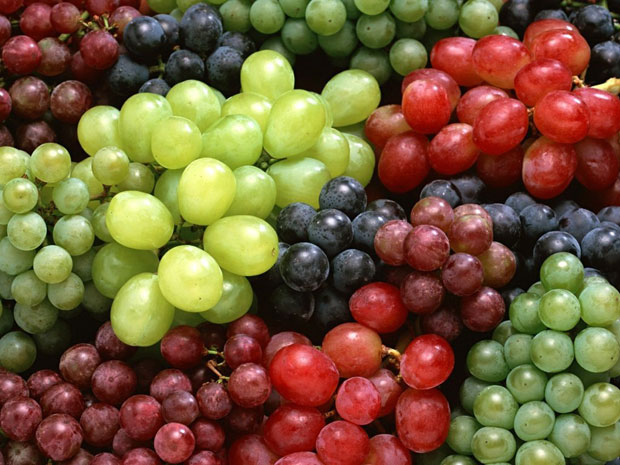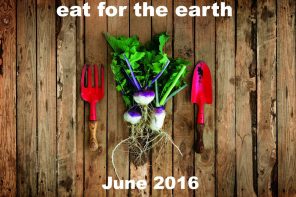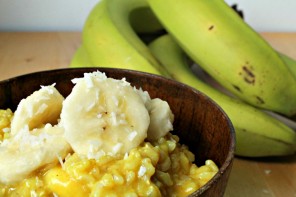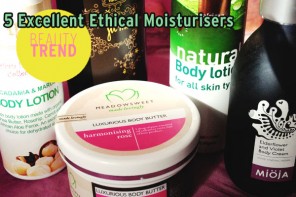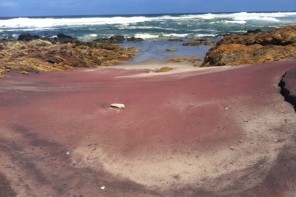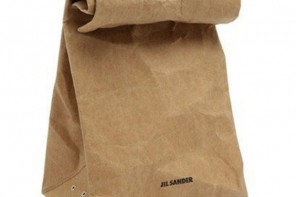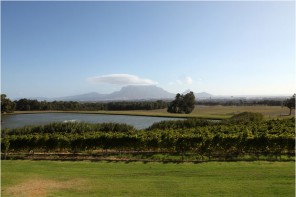While the food industry embraced the organic trend some time ago, it’s still gaining popularity in the beverage world and organic wines are becoming more in demand for both casual and seasoned wine drinkers. But what exactly makes a wine organic? The popular belief may be that the organic label refers to the way the wine is produced, when it actually refers to the way the grapes are grown. A wine is certified organic if the grapes used to make it are grown organically for three years or more – without any chemicals or pesticides.
Consumers who opt for organic wines do so for several reasons. For some who prefer to eat and drink as naturally as possible, just knowing that the grapes used to produce the wine were not treated with any chemicals or pesticides is incentive enough to purchase organic wines. Some people may opt for organic wines because their flavours are cleaner, crisper and richer, especially in red wines. While many non-organic wines have long shelf lives and are formulated to taste just as delicious as they age, several winemakers insist that organic wines have equally long shelf lives and the taste should remain the same as time passes.
Some wines that are certified organic are also fair-trade, which is another movement that is gaining popularity in the food and beverage industry. Fair-trade is a label given to wines that are produced sustainably in accordance with fair-trade standards and the label assures that everyone involved in growing and producing the wines did so under fair conditions. The fair-trade label is important to people who want to purchase products that were not manufactured under exploitative or unfair conditions and it focuses on strengthening the community involved in wine making. For every bottle of fair-trade wine that is purchased in South Africa, 50 cents of the purchase goes back to the farm workers’ economic and social investments. These investments include education programmes for farm workers and their families.
South Africa has several organic wineries, and the wines they produce are becoming more in demand as many people seek to not only eat organic food but enjoy organic beverages, both domestically and abroad.
South African Organic Wineries
Waverly Hills Organic Wines – Located in the Witzenberg Mountain Range, Waverly Hills is committed to sustainable and environmentally-friendly practices, and the winery has won sustainable tourism awards for two years in a row. Grape varieties grown at Waverly Hills include Cabernet Sauvignon, Merlot, Shiraz, Chardonnay, Sauvignon Blanc and Pinot Grigio.
Lazanou Organic Vineyards – Situated in Wellington Valley, about a 45-minute drive from Cape Town, Lazanou Organic Vineyards is one of the smaller organic wine farms in South Africa. After winning awards for its white wine in 2009, it was converted into a certified organic operation.
Stellar Organic Winery – The largest producer of certified organic wines in South Africa, Stellar Organic Winery is a privately-owned winery located in Namaqualand hamlet of Trawal. It is also a certified fair-trade operation and is dedicated to improving the lives of its workforce – the employees are also shareholders, holding 26% of the winery. Stellar Organic Winery produces both red and white wines and is dedicated to environmentally-friendly winemaking practices.
Bon Cap Organic Winery – This winery boasts seven generations of proud farmers. It was certified organic in 2002 and prides itself on sustainable farming and affordable wines. Bon Cap Organic Winery also has a guest house, a bistro and regularly hosts weddings and events on its beautiful grounds.
How to identify a fair-trade wine
Wines that are produced under certified fair-trade standards have a fair-trade label on the bottle. There are a variety of fairtrade wines available at retail locations throughout South Africa, and there are wines that are both organic and fair-trade. As the demand for organic products and products produced under fair-trade standards grows, South Africa’s organic and fair-trade wine industry is sure to grow as well.
Next time you buy wine, opt for the most natural choice and simultaneously support fairness and equality for everyone involved in growing and making the wine!

